Written by Dr Nur Auni Ugong
27 May 2025 – In a concerted effort to bridge classroom learning with real-world impact, 132 second-year students from the Anthropology and Sociology Programme, Faculty of Social Sciences and Humanities, Universiti Malaysia Sarawak (UNIMAS), recently conducted a community service initiative themed “Preserving Archaeological Heritage: Community and Education in Action” at Sekolah Menengah Kebangsaan Santubong. This initiative forms part of the Service Learning Malaysia – University for Society (SULAM) under the course SSF2193 Introduction to Borneo Archaeology, led by Dr Nur Auni Ugong. The programme was supported by the UNIMAS Sustainability Centre, demonstrating the university’s ongoing commitment to sustainability and community engagement.
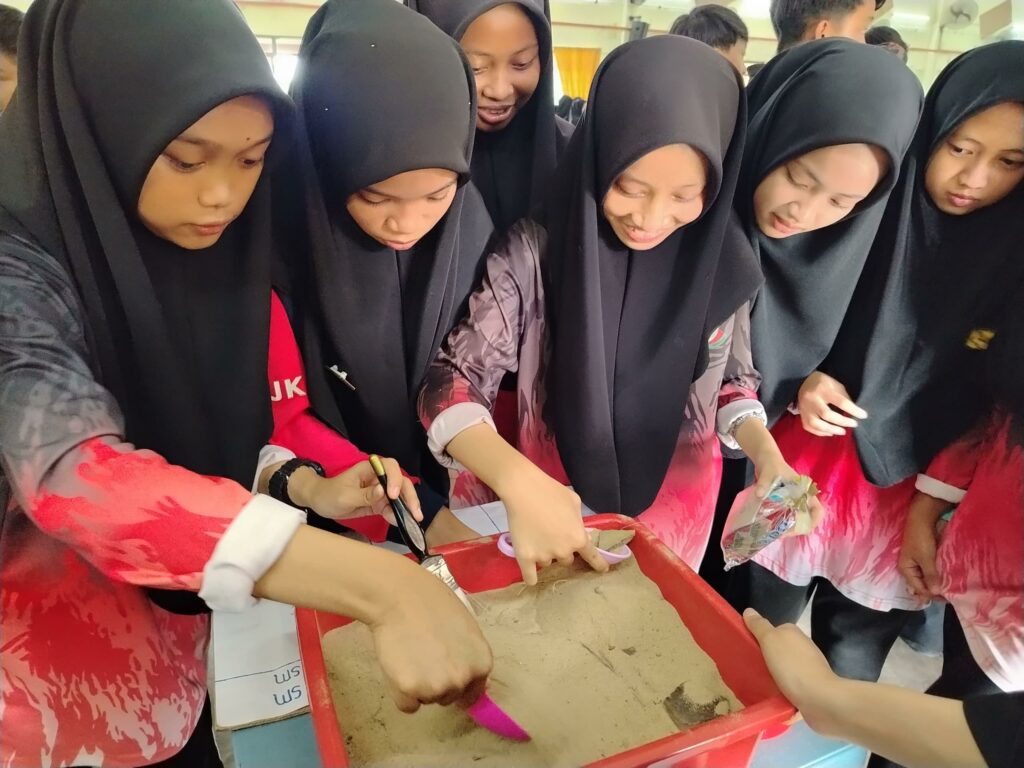
This programme aligns with the United Nations Sustainable Development Goals (SDGs), particularly SDG 4: Quality Education, SDG 11: Sustainable Cities and Communities, and SDG 17: Partnerships for the Goals. Through hands-on field exposure, students gained practical experience and community-based knowledge, connecting archaeological theory with real-world application.
In addition to fostering technical knowledge, the programme nurtured civic values, volunteerism, and a strong sense of citizenship among students through active involvement in community-based activities. This approach aligns with SDG 4, which promotes inclusive, quality education and lifelong learning opportunities. Furthermore, the initiative emphasised the preservation of cultural heritage and sustainable community development, mirroring the objectives of SDG 11 to safeguard and strengthen world cultural heritage while building inclusive, resilient communities.
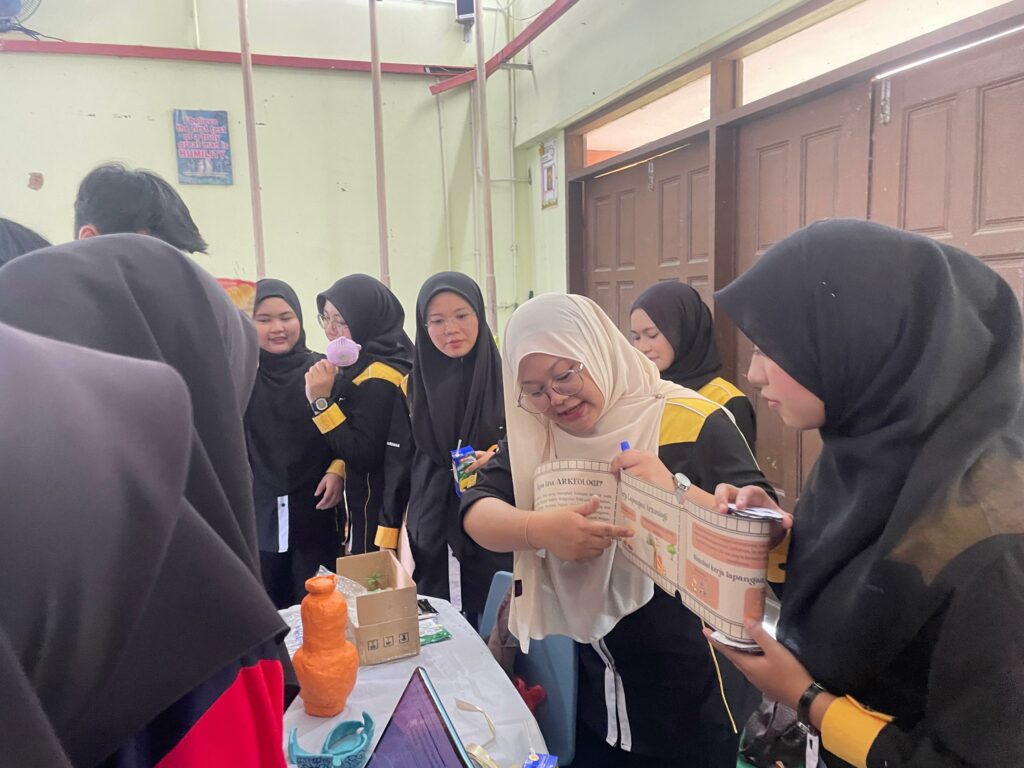
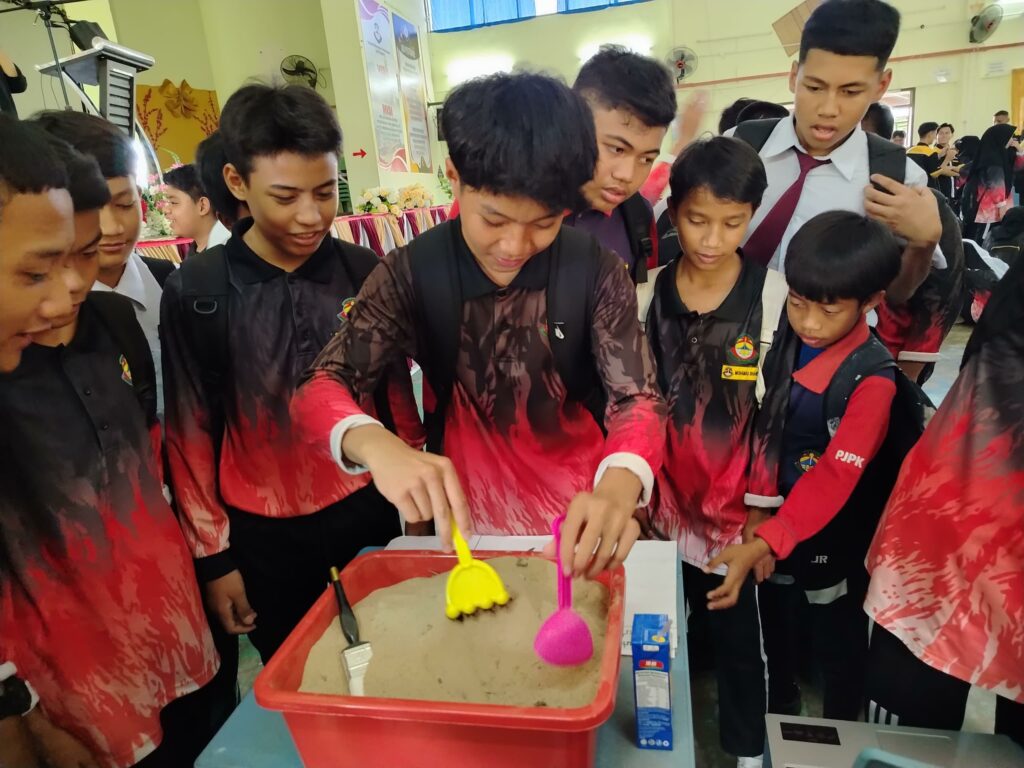
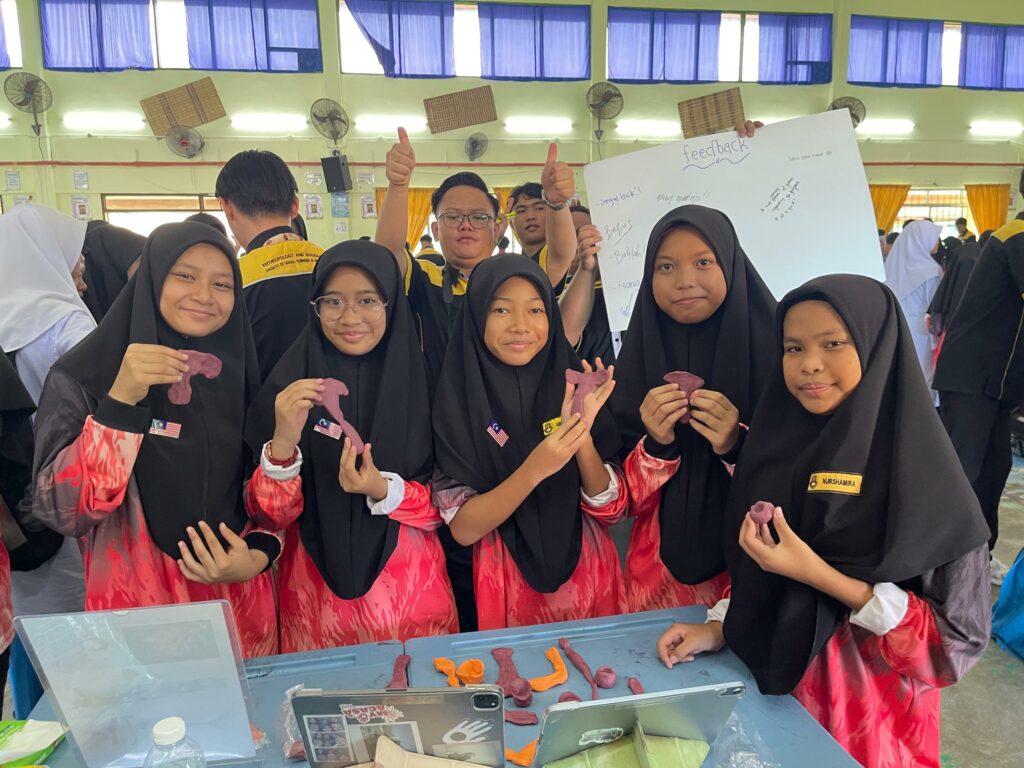
The programme benefited from strong collaboration with the Sarawak Museum Department and Sarawak Delta Geopark. The Sarawak Museum Department played a key role in research, artefact documentation, and public heritage education, while Sarawak Delta Geopark provided a strategic platform for raising awareness about Santubong’s archaeological significance through outreach, ecotourism, and community programmes. This multi-agency synergy exemplifies the spirit of SDG 17, emphasising cross-sector partnerships for sustainable development.
As the host institution, SMK Santubong played an instrumental role in fostering heritage appreciation among its students through experiential learning, lectures, and interactive exhibitions. Such collaboration allows young generations to better understand the importance of heritage and nurtures values of respect, happiness, and communal harmony.
Key activities during the programme included lectures on archaeological heritage preservation, artefact exhibitions, excavation demonstrations, and interactive quizzes with school students. These activities successfully heightened awareness and interest among youths in safeguarding Malaysia’s historical heritage.
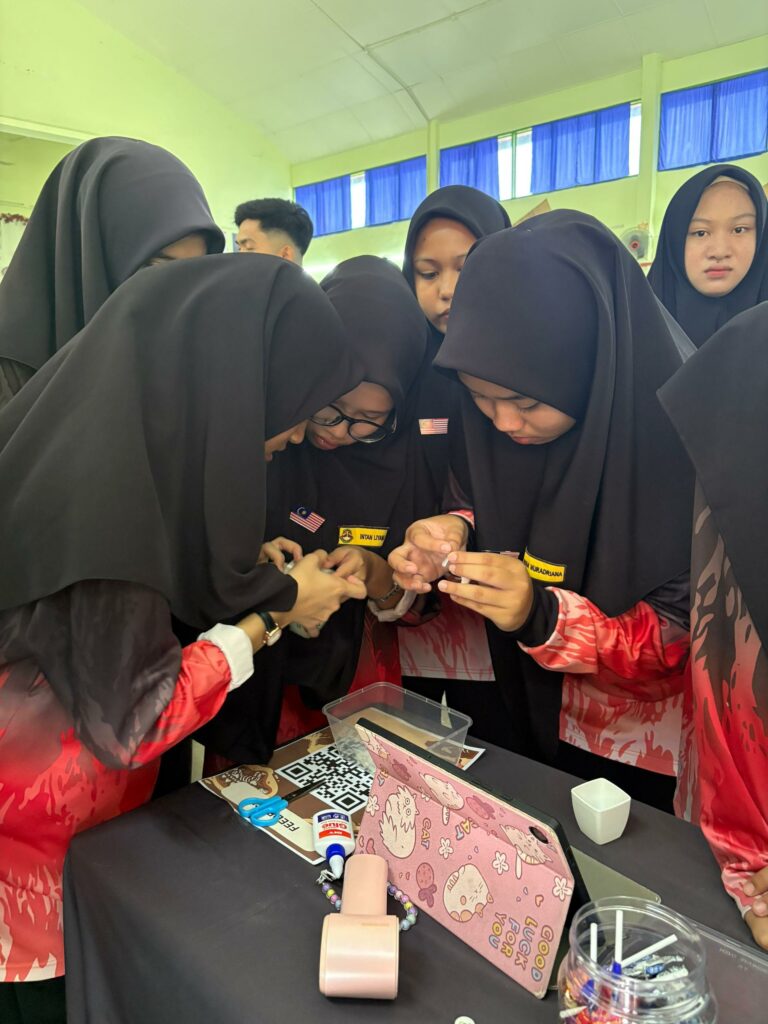
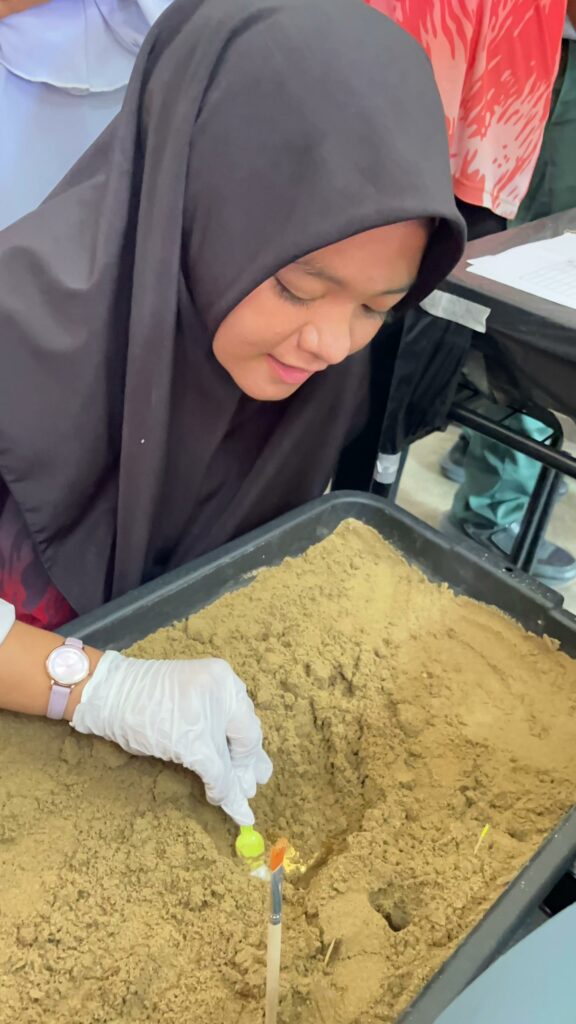
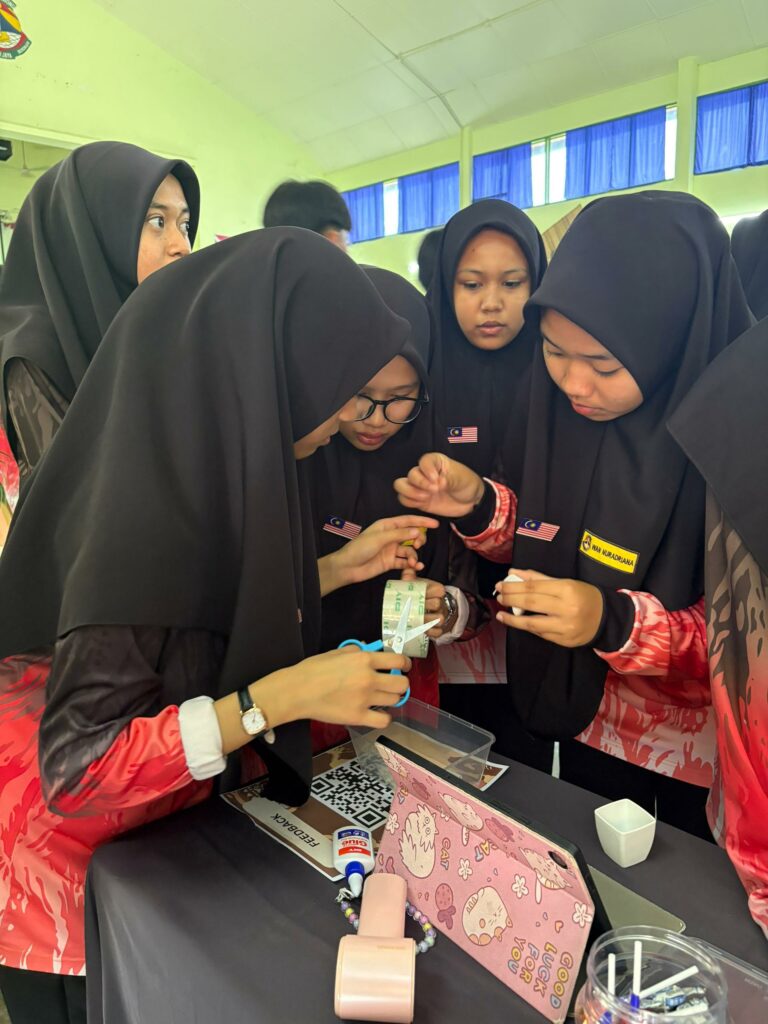
According to Dr. Nur Auni Ugong, “This SULAM programme goes beyond classroom teaching by giving students opportunities to contribute their knowledge and skills to the community. Through SULAM, students not only acquire knowledge but also develop civic values, volunteerism, and a strong sense of social responsibility.”
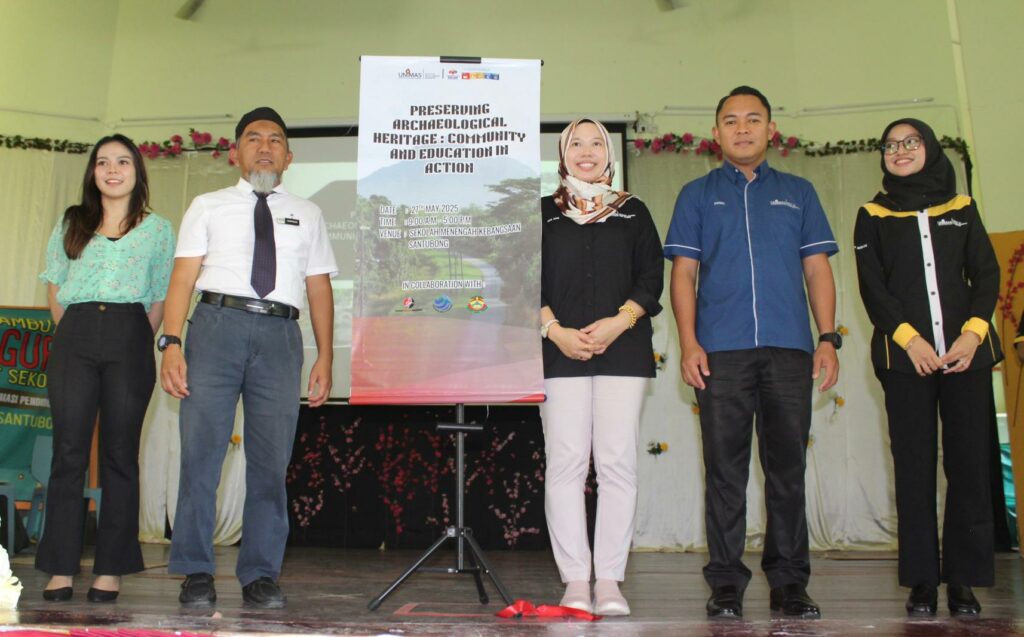
The SULAM model, grounded in values of compassion, happiness, and mutual respect, has proven effective in fostering unity among students, educators, and the local community. Initiatives like this empower the younger generation to become more conscious custodians of national heritage, elevate the university’s role in holistic and sustainable community development, and contribute directly to the achievement of the Sustainable Development Goals.
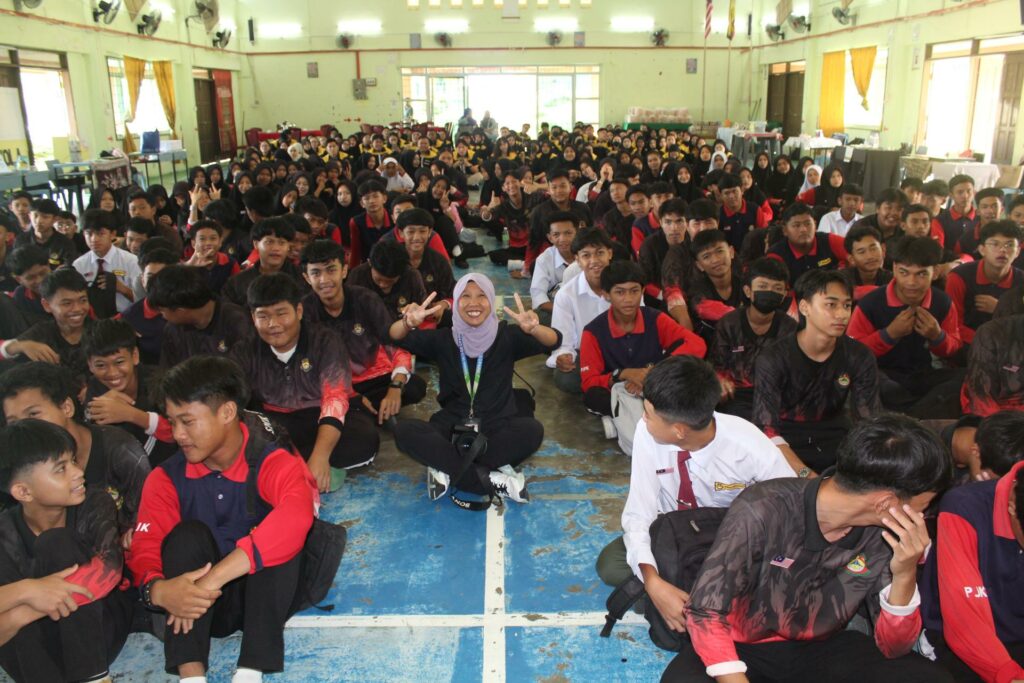
FSSH – A partner for social change